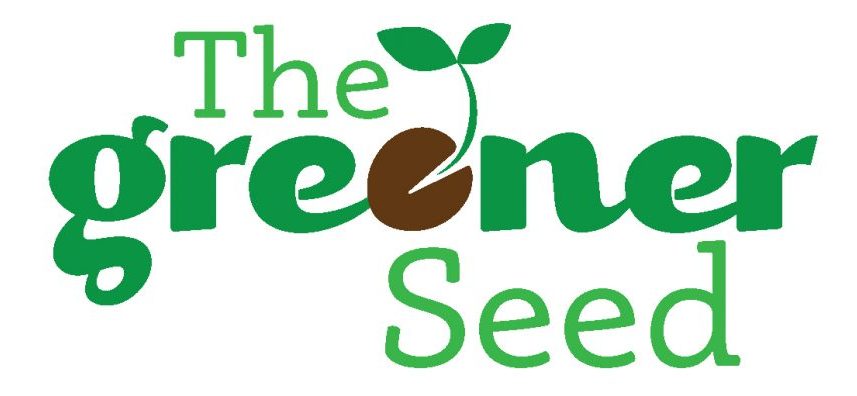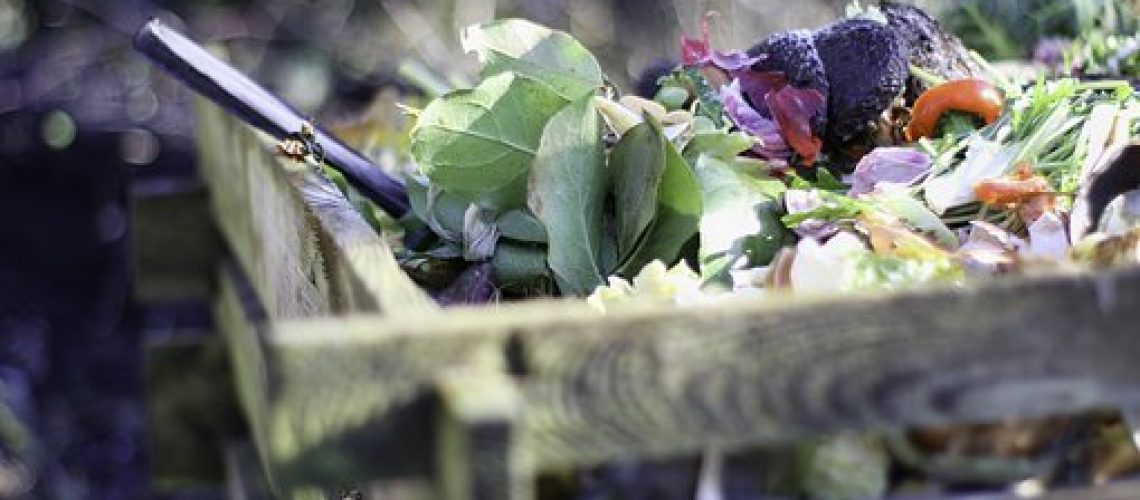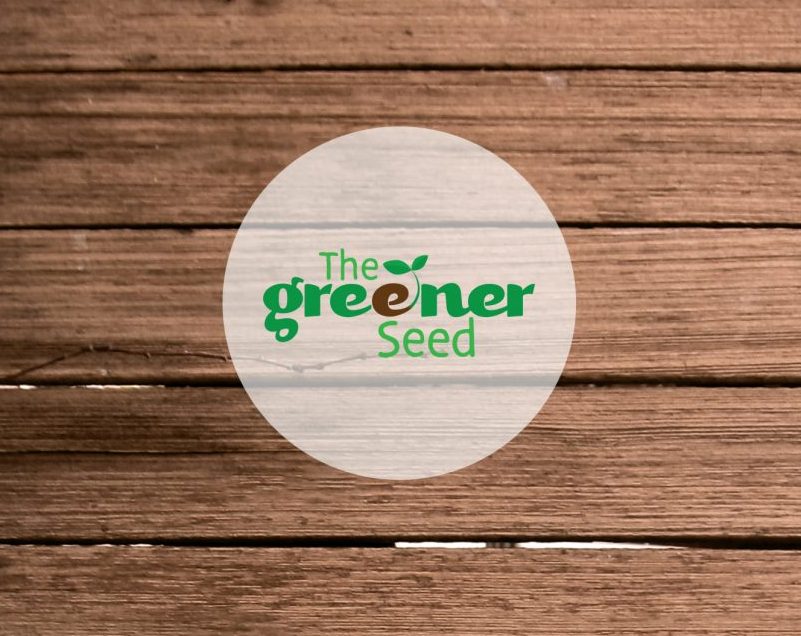Vegetable peels, cores, and ends, fruit waste, paper tea bags, plant prunings and grass cuttings break down quickly and provide important nitrogen as well as moisture. However, these items are usually composted with materials such as shredded cardboard boxes, paper and dried grass or leaves. When composting, you always want a combination of greens to brown. The ratio depends on the method of composting you choose.
In hot and cold composting, you can compost onions, however whole onions may regrow in your compost as they are rotting. It is advisable to cut up the onion into smaller pieces to avoid unwanted regrowth. We have found worms generally do not like to eat onions so they are slow to be processed; we keep it out of our worm bins.
Potatoes also have a tendency to regrow, however they can be composted. Potato peels work well in worm bins, but whole potatoes compost better using other methods.
Eggshells is a great addition to any type of compost. They add calcium to the final product, and ultimately helps plants build cell walls. They allow other nutrients to be absorbed more effectively into the plant. We gather our eggshells in a small container tucked into a corner of our sink. When the container is full, we blend the eggshells to make it easier for the worms to consume as well as for breakdown in hot or cold composting bins. Eggshells can also be added directly to your soil. We often encircle plants with eggshells to prevent slugs and snails from crossing over and eating the plants.
Tea and paper tea bags, along with coffee and paper coffee filters all provide nitrogen to the compost. They can be added into your compost, or directly dug in around plants.
Contrary to the color, coffee grounds are green compost material and will need to be balanced with the addition of brown compost material.
Stale and cooked rice, like stale bread or moldy bread, can be added to compost piles. Rice and bread are considered green compost materials since they are a source of nitrogen. We generally do not compost rice and bread because we do not want to risk attracting unwanted pests and rodents to our compost. Also, we do not usually have any leftover rice or bread to compost since we have a hungry preteen that devours everything in sight. If you choose to compost either carbohydrate, you may try to bury the rice or bread deep into the center of the compost pile. Tearing up the bread will also speed up the composting process.
What about shredded cardboard? The browns that we most commonly compost are shredded cardboard boxes, newsprint, or non-glossy paper junkmail with minimal color.
Colored and glossy paper may contain toxic heavy metals. We have even used newspapers and cardboard as weed barriers underneath raised beds or pots on the soil. If added to the compost, shredding the material is the key to more quickly processing these browns.
Paper towels may be composted if they were not previously used to wipe grease or chemicals. If paper towels contain water, dirt, or plant-based food, they can be added to your compost pile. They tend to decompose quickly in a compost bin.
Moldy food may be added to a compost pile, but for all methods, it would be best to add it to the center of the pile surrounded by browns. For hot composting, the center of the pile heats up more quickly so the moldy food will decompose more quickly. For worm composting, the center of the pile will prevent any possible odors and is the shortest distance for the worms to travel from all parts of the bin to consume it.
Worms don’t like citrus, tomatoes, pineapple or anything acidic. Fresh pineapple can damage the skin of the worms and kill them. But in traditional compost piles, orange, lemon, lime, yuzu, tomatoes and pineapples bring nutrients. Citrus peels bring phosphorus, nitrogen and potassium. To speed up decomposition of these items, break them up into smaller pieces before adding to your compost.
Horse, rabbit, chicken and cow manure are great additions to your compost pile. They are considered green. Please make sure there are no deworming or other medications fed to the animals. They will pass through into your compost, and can kill the worms and microoganisms.
What should you not put in your compost pile?
- Salt
- Oil
- Processed foods
- Dog, cat, human excrements
- Plastic tea/coffee filters
- Meat or fish
- Dairy
- Glossy, colored, or coated paper
- Sticky labels on produce
- Coal ash
- Treated wood or sawdust
- Baking soda (Baking soda is one of the best fungicides there is. If you put it in your compost, you will essentially kill the pile.)


